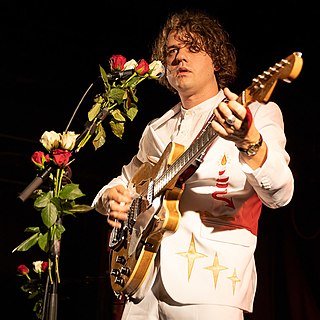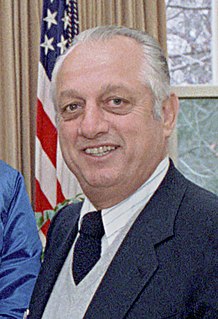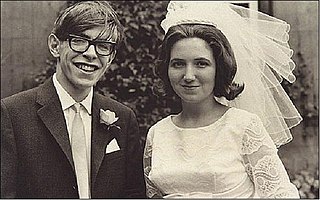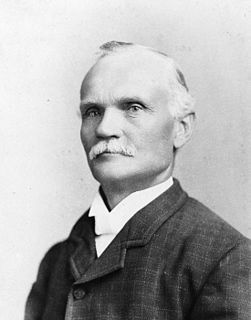A Quote by Rutherford B. Hayes
My ambition for station was always easily controlled. If the place came to me it was welcome. But it never seemed to me worth seeking at the cost of self-respect, or independence. My family were not historic; they were well-to-do, did not hold or seek office. It was easy for me to be contented in private life. An honor was no honor to me, if obtained by my own seeking.
Related Quotes
It is a great honor to be inducted into the Pacific Coast League Hall of Fame. When you honor me with this distinction, you really honor the players who put me there. All of the honors I receive became a reality only through the contributions of my players. In addition to myself, you also honor my family and the Dodger organization. I accept this recognition with pride and gratitude.
At the age of twelve I had an attitude toward life that was to endure, that was to make me seek those areas of living that would keep it alive, that was to make me skeptical of everything while seeking everything, tolerant of all and yet critical. The spirit I had caught gave me insight into the suffering of others, made me gravitate toward those whose feelings were like my own, made me sit for hours while others told me of their lives, made me strangely tender and cruel, violent and peaceful.
Those who failed to oppose me, who readily agreed with me, accepted all my views, and yielded easily to my opinions, were those who did me the most injury, and were my worst enemies, because, by surrendering to me so easily, they encouraged me to go too far... I was then too powerful for any man, except myself, to injure me.
In India when we meet and part we often say, "Namaste," which means: I honor the place in you where the entire universe resides; I honor the place in you where the entire universe resides; I honor the place in you of love, of light, of truth, of peace. I honor the place within you where if you are in that place in you and I am in that place in me, there is only one of us?.. "Namaste."
"Honor never grows old, and honor rejoices the heart of age. It does so because honor is, finally, about defending those noble and worthy things that deserve defending, even if it comes at a high cost. In our time, that may mean social disapproval, public scorn, hardship, persecution, or as always, even death itself.
The question remains: What is worth defending? What is worth dying for? What is worth living for?
I have been asked what I mean by my word of honor. I will tell you. Place me behind prison walls - walls of stone ever so high, ever so thick, reaching ever so far into the ground - there is the possibility that in some way or another I may escape; but stand me on the floor and draw a chalk line around me and have me give my word of honor never to cross it. Can I get out of the circle? No. Never! I'd die first!
I wonder if childhood is ever really happy. Just as well, perhaps. To be blissfully happy so young would leave one always seeking to recapture the unobtainable. Like those people who were always happiest at school or university. Always going back. No reunion ever missed. It always seemed to me rather pathetic.
I will never leave him. It will be this, always, for as long as he will let me. If I had had words to speak such a thing, I would have. But there were none that seemed big enough for it, to hold that swelling truth. As if he had heard me, he reached for my hand. I did not need to look; his fingers were etched into my memory, slender and petal-veined, strong and quick and never wrong. “Patroclus,” he said. He was always better with words than I.
You're the hero of your own story. So it's interesting for historical revisionism to happen. I had let go of my own story from my own childhood and whatever anger I had and I began to see it from a very different place. It's really easy to be like "This thing happened to me! Look what they did to me or are doing to me." These are such powerful ideas and it's so easy to hold onto them forever.


































